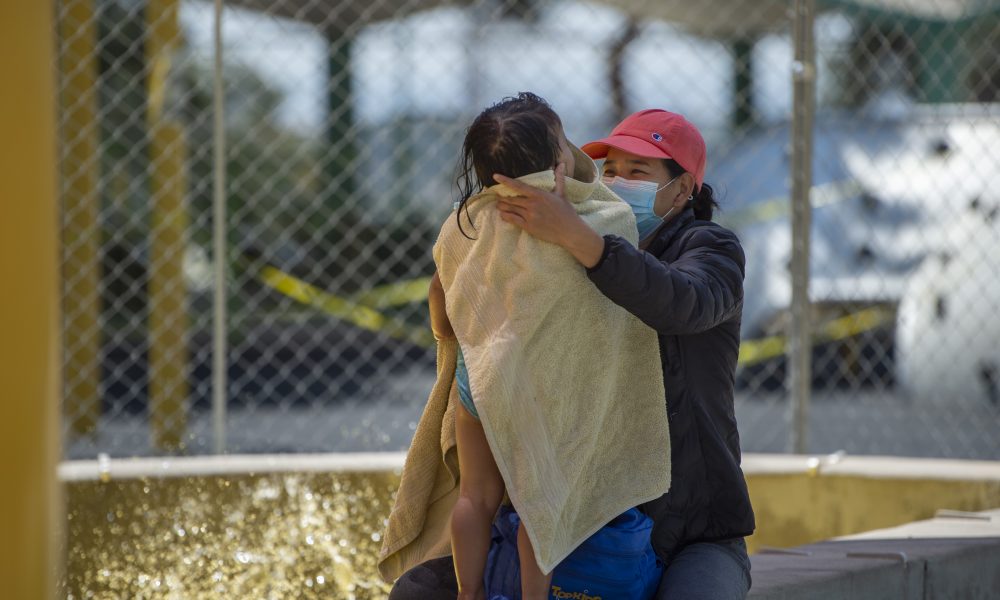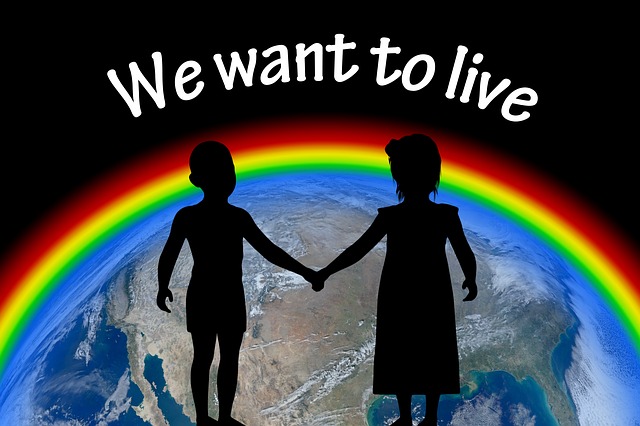Coronavirus News
Coronavirus Parents turn to “pods” as a coronavirus schooling solution
Neighbors are banding together to hire private instructors as a way to secure child care and make up for some of the gaps online-only classes will leave in their kids’ educations.Why it matters: Parents just want to be sure their children don’t fall too far behind, but this trend could deepen the educational divide along…

Coronavirus
Neighbors are banding together to hire private instructors as a way to secure child care and make up for some of the gaps online-only classes will leave in their kids’ educations.
Why it matters: Parents just want to be sure their children don’t fall too far behind, but this trend could deepen the educational divide along racial and class lines.
Driving the news: Pandemic “pods” — a group of families agreeing to limit their interactions outside that circle — have thrived as a safe way to help kids interact with their friends and give parents some time to work.
- Now, enterprising parents are offering teachers who don’t want to return to the classroom a competitive salary to instead teach a handful of students in a home environment.
- “I think parents have been doing some version of this pod thing with young children anyway, but not on this kind of scale and not for this reason,” said Steve Barnett, senior co-director of the National Institute for Early Education Research.
How it works: The idea is homegrown, meaning that pods can really look however their creators want them to.
- One way it works is that several families with kids in the same grade agree to form a “pod” and hire a tutor or teacher at home during the workweek. Costs vary, but can top $1,000 per month, according to The Washington Post.
- For families with preschoolers, often it’s a babysitter, like a nanny share, but with several families pooled together.
Yes, but: This is primarily an option for wealthier, mostly white families, and some school districts already saw many Black children struggle to show up to online learning during the spring.
- Students will likely lose, on average, 6.8 months of learning if in-class instruction does not resume until January 2021, according to an analysis by McKinsey. But Black students may fall behind by 10.3 months, Hispanic students by 9.2 months, and low-income students by 12.4 months.
“This is not an option open to everybody. Home environments are less equal than school environments. If what this does is let school districts off the hook either from reopening or doing a good job with distance learning, then that’s going to lead to more inequality,” Barnett said.
- Some parents will invite lower-income families to join their pod, and could even subsidize their share of the cost — but heavily segregated school districts mean that can only go so far.
The idea is worth pursuing, but shouldn’t be limited to only wealthier families, said Randi Weingarten, president of the American Federation of Teachers. That will cost money.
- “This is one of the kind of innovative ideas that should be on the table,” she said, but said that public school districts should be given funding to help ensure that this kind of learning benefits all students. “The pod and small group learning ideas are good ideas, but we have to ensure that they’re actually equitable.”
- And there’s also a question of where pod teachers would come from. Plenty of credentialed teachers aren’t working in schools, and some may see pod employment as a safer option.
What they’re saying: Myra Margolin, who created a Facebook page to help connect families in the D.C. region interested in “microschooling,” she had no idea that more than 1,000 people would join. But she’s painfully aware of the inequities.
- Some families are explicitly saying that they don’t want children of essential workers in their pods, as essential workers can’t fully social distance.
- “It’s a systemic failing. And with systemic failings, there are sort of limitations to what individuals can do,” she said.
The other side: Andrea MacRae, who is trying to organize “bubbles” for children and families in the East Bay area, rejects the idea that pods will inevitably exacerbate inequality.
- She and her co-organizers have interested families fill out detailed surveys about their values and risk comfort, and then match those families with other like-minded families — including those who won’t be able to pay and those that include essential workers.
- “We’ll make sure every kid has a space,” she said.
The bottom line: The longer that coronavirus keeps schools and offices closed, families who can afford it will continue to rely on homeschooling or tutoring.

Subscribe to the newsletter news
We hate SPAM and promise to keep your email address safe











